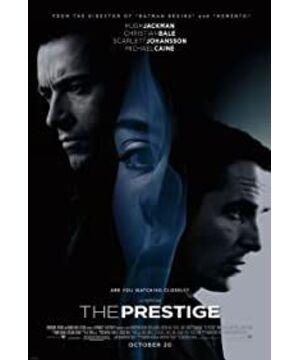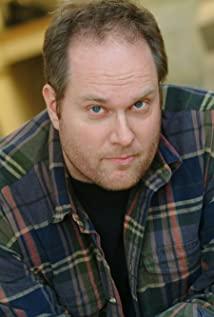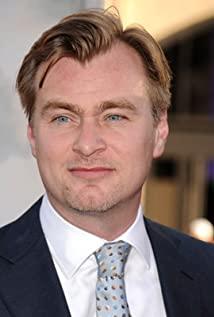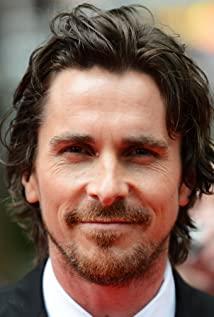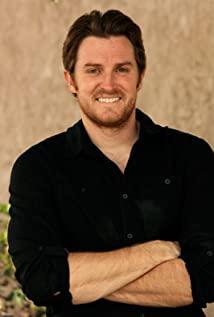It was one of Nolan's most memorable works before the release of "Creed"
(The article was first published on the public account "Flying Catfish Movie", WeChat ID: FMYmovie)
2019 is coming to an end soon. Looking back over the past year, and looking at the world, it seems that there has not been a film that complements each other in concept creativity, theme expression and viewing. Maybe it's because I'm a bit demanding as a movie fan, but in fact, it's really a rare pleasure to see such a new work. Among the directors who can make films of this level today, the leader is Christopher Nolan. It's a pity that he is still brewing "Creed", which is expected to be released next year.
If you are also a Nolan fan and have been waiting for a long time for his new work, during the waiting period, you can review some of his classic previous works, among which "Deadly Magic" is particularly worth recalling.
"Deadly Magic", like the "Batman" series, is not a purely original work by Nolan. It is adapted from Christopher Priest's 1995 novel of the same name. The original work is a sci-fi story set in the mid-to-late 19th century. It has a detailed multi-perspective narrative structure, and shows the legend of the magician's struggle through eloquence. Such creative features made Nolan interested in this novel, and in the process of adaptation, Nolan not only added his own narrative style, but also made a more in-depth discussion on the theme.
In "Deadly Magic", the two magician protagonists fought each other in the process of magic exploration, and even sacrificed their lives for it. From the surface plot, the unintentional killing of his wife seems to be the absolute motive for the fight between the two, but in fact, the feud of killing his wife is just the fuse. The sense of accomplishment brought by magic is destined to be different from each other. For Bolton (Farron), the constant pursuit of new magic is his sense of accomplishment; for Angel, the sincere feedback from the audience Pleasure is satisfaction. Angel and Bolton (Farron) were originally partners, the former only wanted to have fun with the audience through magic, while the latter's ambitions influenced his vision, for the sake of reputation and survival, the competition between the two was inevitable, "hate" is just The rivalry between the two has worsened.
In order to compete, Angel did not hesitate to use the relatively rare science and technology at that time. Such a "sci-fi" plot setting is one of the few slots in "Deadly Magic". In fact, "scientific tricks" is not Nolan's personal eccentricity. In the original book, this is the main setting, and the movie version has reduced it as much as possible to a narrative element that is not overwhelming. And related to "scientific tricks" is the "electric war" between Tesla and Edison mentioned in the film. This physical competition that took place in real history and the "magic battle" in the film form an intertextuality. With a little understanding of this history, the meaning of "Deadly Magic" will become particularly clear. During the second industrial revolution, Edison and Tesla spoke for direct current and alternating current, and competed for power giants in the West. However, in the 19th century when production technology was not mature enough, public opinion and the public did not care about the principle of direct current and alternating current. , and don't care about the long-term value of it, people only care about which one is more able to light up the light bulb and turn the machine, until the production technology is increasingly developed. In "Deadly Magic", Angel and Bolton (Farron) fought each other all their lives for the so-called highest state of magic, "turning corruption into magic". In the end, they didn't understand each other, what they wanted after all was only the audience's pleasure after seeing the spectacle. In other words, "Deadly Magic" is to fool the audience inside and outside the film through plot reversal and narrative interlacing, and at the same time satirize the society of singing and dancing - in order to obtain a sense of accomplishment from the audience who entertained to death, always Some people will do anything to create a spectacle, and the audience can't see and don't want to understand the harsh reality behind the spectacle. They just want to consume the illusion and enjoy the sensual pleasure. Like the narration at the end of the film: "Now you want to find out the secret, but you can't find it, because you're not really watching, you don't really want to know - you just want to be deceived." Because once you really know Now, where does the joy come from?
At a time when new media is becoming more and more important to economic development, the meaning of "Deadly Magic" is more appropriate. If someone hadn't disclosed it, who would care about the sacrifices and conflicts of practitioners behind the fire of an internet celebrity and a show? This is not only bitterness and tears, but there may also be human blood steamed buns that cannot be seen clearly. But most people don't take the initiative to care about all this. After all, even the practitioners themselves can't tell the truth. "Nipple music" is an illusion, and who can guarantee that the so-called "truth" against "nipple music" is not. What about phantoms? At a time when consumerism is becoming more and more intense, revisiting "Deadly Magic" is somewhat terrifying. "Leeks" and "reapers" under the influence of consumerism, which one are you and me? Are we consuming the real thing, or is it an entertainment bubble squeezed out of ourselves? You and I are watching magic under the stage, and is it a well-designed show or a bloody fake show?
View more about The Prestige reviews


